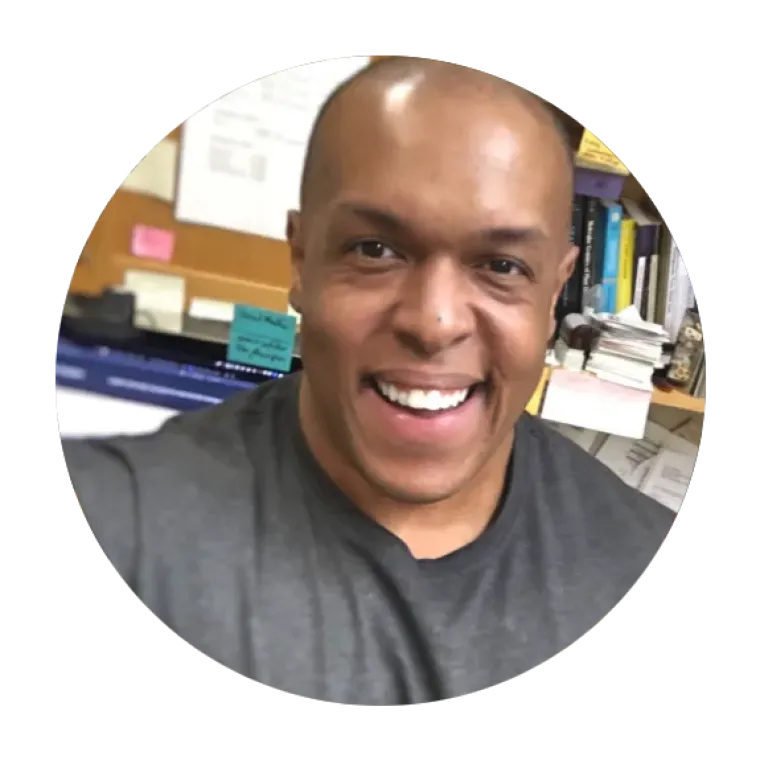Jason Williams

I don’t think I have ever read a biography, nor have I written one much more than the few sentences I hope to share with you here. Perhaps in the hundred or so pages of a book styled in this peculiar genre, may a reader gain some sense of understanding about the person’s life contained therein. My opinion has been that each person’s life, or at the very least my own, is such a dynamic evolution of chance and circumstance, that it is unwise to let history dictate outcome.
But philosophical quibbles aside, let me tell you at least a little about myself. Born and raised on Long Island, New York, I imagine I have found ideal surroundings for a “career” in science. I am not sure how I first got interested in science, but I had my own television when I was young, and without cable, PBS was the only channel I could get reception on. Hours of nature shows, broadcasts from the New York Philharmonic, and Julia Child, may have contributed to my interests (and modest talents) in science, classical music, and cooking.
My elementary/pre-school teacher still recalls me giving spontaneous science presentations to our small private school class. I also remember growing dismay at the shrinking size of the science aisle of the "Toys R Us" on trips with Mom to buy telescopes and chemistry sets. So, I guess science was destined to become my principal academic pursuit.
I enjoyed participating in various science projects and managed to win a few awards locally and nationally, and even had articles about my projects appear in various places, from the local school newsletter to The New York Times. All chance and circumstance I suppose, but maybe a clue as to what I should do. After graduating from the Half Hollow Hills School District, I attended the State University of New York at Stony Brook.
At Stony Brook I spent just about my total undergraduate coursework doing research in the university’s ecology and evolution department studying plant phylogenetics and systematics. I then had the good fortune to arrive at Cold Spring Harbor Laboratory, after graduating with a degree in Biology. At Cold Spring Harbor I worked with the molecular genetics of plant development in Arabidopsis. Another roll of the dice gave me the opportunity to also work in cancer research, looking into underlying molecular dynamics of prostate cancer.
Well, if you have read this far, you might as well take the time to meet me personally at the Learning Center, because I would not want to bore anyone with more details. Perhaps I can leave you with these two comments.
First, science tends to push its practitioners into very specialized modes of thought. Not that this empties people of their creative aspirations, but it has its benefits and costs. Now that stem cells (cells that retain the ability to become almost any other type of cell) are the subject of intense study in biology, maybe there is something to not being so quick to differentiate. Or put another way, maybe it’s not the destination but the journey.
Second, especially to any students reading this, be sure to be balanced and well read. Science is great, and its success is obvious. Still, science, just like any other human inquiry into knowledge, cannot hold a monopoly on truth. It is undeniably clear that you will need a basic understanding of science, to exist in the 21st century, let alone to have a good chance at success. Still, other areas of human existence-- art, music, whatever your dreams are, have validity. Pursue your interests, understand science, but don’t let it become unexamined or unquestionable. Most of all, have fun!

